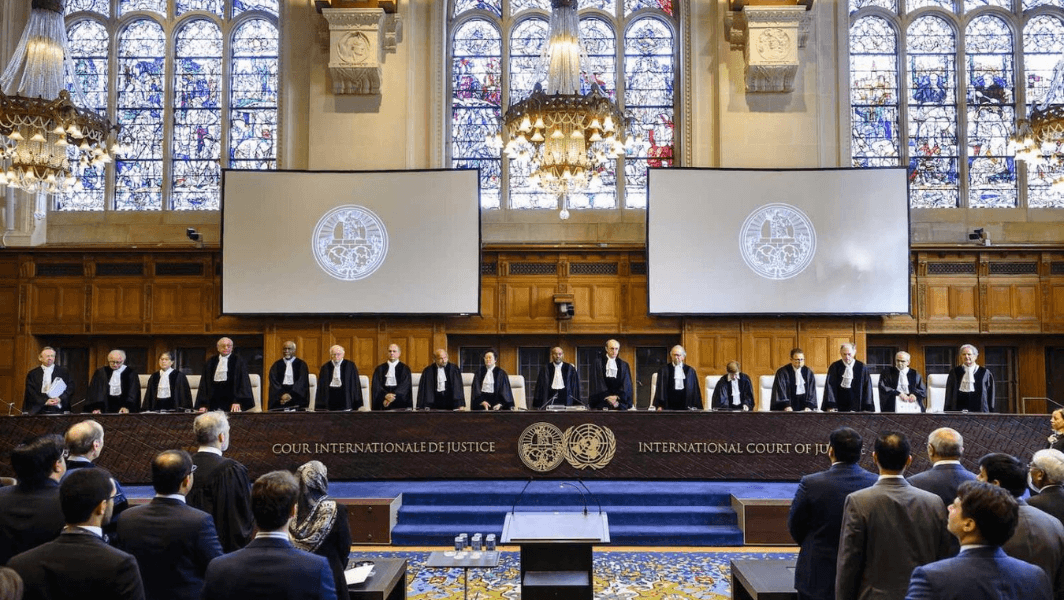
International Court of Justice Reviews Climate Change Obligations
Nations Present Testimonies on Climate Impact and Legal Responsibilities
The International Court of Justice (ICJ) has begun hearing testimonies from countries severely affected by climate change, marking a critical step toward defining governments' legal responsibilities in addressing the crisis. The court's decision will provide legal guidance on the obligations of nations to prevent and mitigate climate change.
Why Is the ICJ Involved?
The ICJ, the highest judicial authority of the United Nations, has been asked to clarify the legal duties of governments regarding climate change under international law. This advisory ruling could help shape global climate policies, holding countries accountable for their environmental commitments.
The case was initiated by small island nations, which are among the most vulnerable to rising sea levels, extreme weather events, and environmental degradation. These nations argue that major carbon-emitting countries have a legal duty to reduce emissions and support climate adaptation efforts.
What the Court Will Consider
The ICJ is examining several key legal questions, including:
What are governments' legal obligations under international law to combat climate change?
Can countries be held liable for failing to meet climate commitments?
What legal consequences should nations face for causing environmental harm?
While the court’s decision will be advisory and non-binding, it could set a powerful legal precedent, influencing future climate litigation and international agreements.
Testimonies from Climate-Affected Nations
Several nations have presented testimony highlighting the devastating impact of climate change on their economies, ecosystems, and populations:
-
Pacific Island nations described the existential threat posed by rising sea levels, which could lead to the loss of entire territories.
-
African countries spoke about droughts, extreme heat, and food insecurity, which are worsening due to global warming.
-
Developing nations emphasized the financial burden of adapting to climate disasters, calling for stronger commitments from wealthier, high-emission countries.
Implications of the ICJ's Advisory Opinion
The court's ruling could have significant consequences for international climate action:
Strengthening Climate Accountability – Countries failing to meet emissions targets may face increased legal and diplomatic pressure.
Influencing International Agreements – The ruling could shape the future of climate treaties, including upcoming UN climate summits.
Boosting Climate Litigation – Individuals and communities may use the ICJ's opinion to pursue legal action against governments and corporations.
What Happens Next?
The ICJ will review testimonies and legal arguments before issuing its advisory opinion, expected in the coming months. While not legally binding, the ruling could reinforce global efforts to combat climate change, guiding policymakers and international bodies in strengthening climate commitments.
As climate-related disasters intensify worldwide, this case represents a pivotal moment in the global fight for environmental justice and accountability.
For any enquiries or information, contact info@thelawreporters.com or call us on +971 52 644 3004. Follow The Law Reporters on WhatsApp Channels